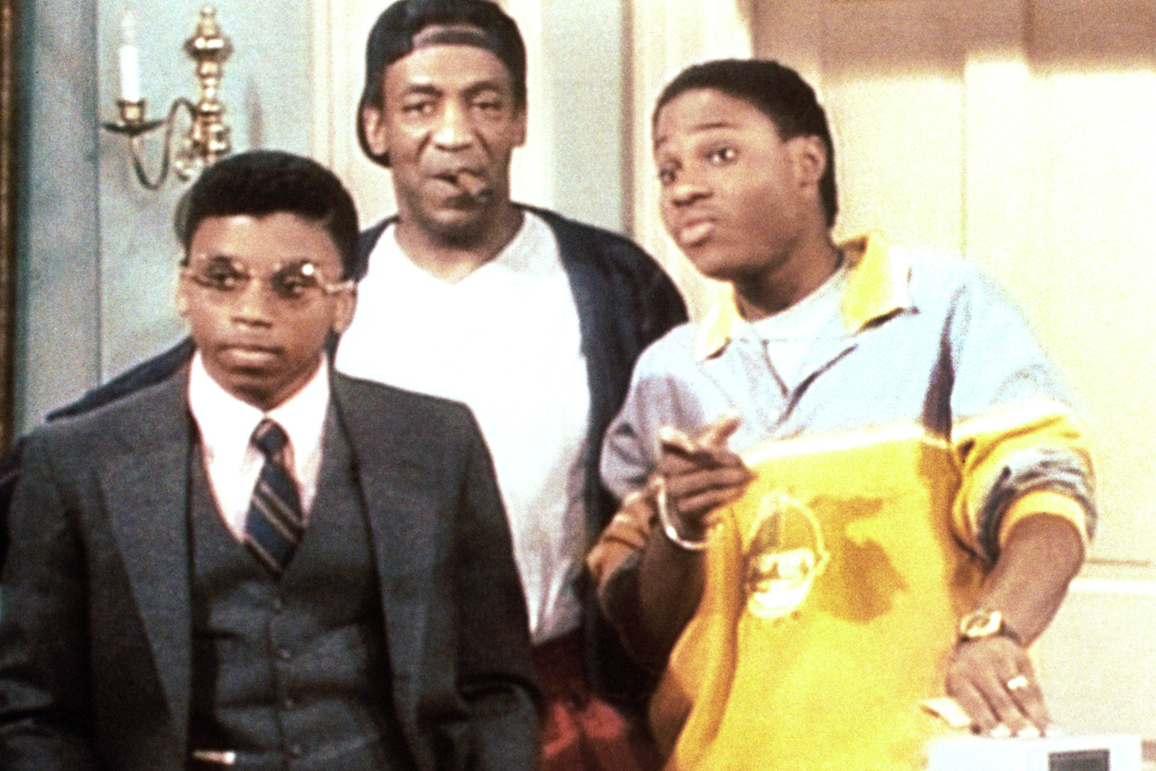
When The Cosby Show debuted in 1984, no one could have predicted the cultural earthquake it would become. A sitcom centered around an upper-middle-class African-American family—headed by an obstetrician father and an attorney mother—was not just revolutionary for its time; it was a game-changer that redefined what family looked like on television. Decades later, the show continues to inspire, ignite debate, and serve as a blueprint for what a successful sitcom can achieve both on and off the screen.
Setting the Stage: America Before the Huxtables
In the early 1980s, America was still grappling with deeply entrenched stereotypes in media. Black families were often portrayed as struggling, dysfunctional, or comedic sidekicks to predominantly white narratives. There were exceptions, of course—like Good Times and The Jeffersons—but even those shows often leaned into caricatures or emphasized hardship as a central theme.
Enter The Cosby Show.
From the very first episode, it was clear this sitcom would be different. The Huxtables were wealthy—but not flashy. They were educated—but not out of touch. They were funny, intelligent, loving, flawed, and real. For millions of viewers, they were the first TV family that felt like their own—regardless of race.
Breaking Stereotypes, One Episode at a Time
At its core, The Cosby Show was about family. But it didn’t shy away from subtly challenging stereotypes and social constructs. The show wasn’t about being “Black” in America; it was about being human in America. That said, it didn’t erase cultural identity—it embraced it.
Take, for example, episodes that focused on African-American art, jazz music, historically Black colleges, or even hair politics. The Huxtables celebrated Black excellence without ever being preachy. It was normal, and that was exactly the point: to normalize excellence, ambition, and diversity within Black families.
Cliff Huxtable, played by Bill Cosby, wasn’t just a dad. He was the dad—affectionate, silly, occasionally stubborn, and always full of life lessons. Clair Huxtable, portrayed brilliantly by Phylicia Rashad, remains one of the most empowering maternal figures in TV history. Intelligent, elegant, and razor-sharp, she challenged every stereotype about the “angry Black woman” trope and replaced it with grace, power, and compassion.
Ratings Don’t Lie – America Was Obsessed
The Cosby Show wasn’t just culturally significant—it was a ratings juggernaut. During its peak, it was the number one show on television for five straight seasons. That’s not just rare; it’s unheard of.
What’s even more impressive is how universally loved the show became. People of all races, religions, and political backgrounds tuned in every Thursday night. It was appointment television in the truest sense.
Even more compelling? The show’s influence extended beyond entertainment. After its debut, enrollment at historically Black colleges and universities (HBCUs) notably increased. The Huxtables made Black success aspirational and achievable. Parents began dreaming bigger for their kids. Kids began seeing themselves in new roles. That’s not just impact—that’s legacy.
Fashion, Music, and Cultural Imprint
Let’s not forget the show’s aesthetic flair. From the iconic “Cosby sweaters” to the musical guest appearances (remember when Stevie Wonder showed up?), The Cosby Show was a trendsetter.
The intro sequences became legendary—each season bringing a fresh, vibrant vibe, with choreography that made fans want to dance along. And the guest stars? A who’s who of Black excellence, from Lena Horne to Sammy Davis Jr.
Even the house decor was carefully curated to reflect class, culture, and personality. African art adorned the walls. Bookshelves overflowed. The Huxtable home wasn’t just a set—it felt lived in. Real.
Why It Still Matters Today
In today’s age of hyper-diversity and social justice awareness, one might ask: does The Cosby Show still hold up?
The answer is a complicated “yes.”
While the show’s legacy has undeniably been clouded by Bill Cosby’s later legal controversies, many fans and scholars argue that the cultural significance of the show stands apart from the actions of its lead actor. It’s a debate still ongoing, but one thing is certain: The Cosby Show changed television forever.
Its ripple effects are still being felt in modern sitcoms like Black-ish, Abbott Elementary, and even Modern Family. It proved that audiences are hungry for stories that reflect real lives—not just idealized or tokenized versions of them.
Conclusion: A Show That Built a Bridge
The Cosby Show built a bridge between cultures, between ideals and realities, between comedy and commentary. It was a feel-good show that never insulted the intelligence of its viewers. It made us laugh, but more importantly, it made us think.
For millions, the Huxtables weren’t just characters—they were family. And like all great families, their influence doesn’t end when the screen fades to black.
